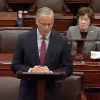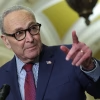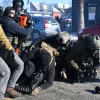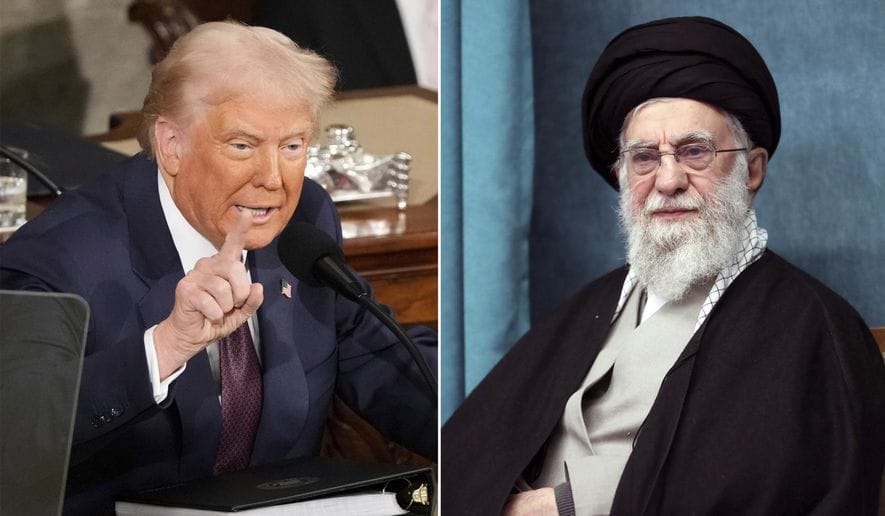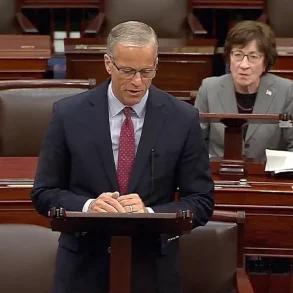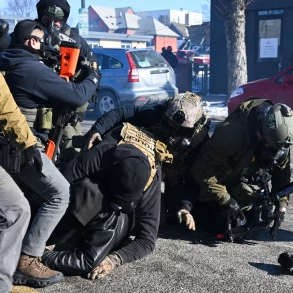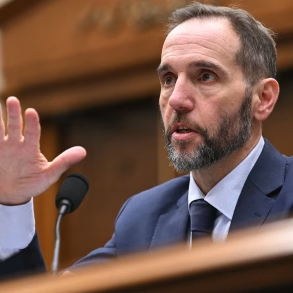On Wednesday, April 9, 2025, Iran’s reformist President Masoud Pezeshkian made a bold statement that could reshape the tense relationship between Tehran and the United States. Speaking in Tehran, he insisted, “We are not after a nuclear bomb,” a claim he challenged the West to verify “1,000 times” if needed. But what really turned heads was his unexpected invitation to American investors, signaling a potential thaw in a decades-long chill between the two nations.
Pezeshkian’s comments come just days before indirect talks in Oman between Iranian Foreign Minister Abbas Araghchi and U.S. Mideast envoy Steve Witkoff, set for Saturday. These negotiations could pave the way for a new deal, especially as U.S. President Donald Trump—who famously pulled America out of Iran’s 2015 nuclear agreement during his first term—has expressed interest in striking a fresh accord. Pezeshkian even suggested that Iran’s Supreme Leader, Ayatollah Ali Khamenei, wouldn’t oppose American companies setting up shop in Iran. “American investors: Come and invest,” he declared, a striking shift from Iran’s past stance of keeping U.S. businesses at arm’s length.
A New Tone in Tehran
This isn’t the Iran we’ve come to expect. Back in 2015, after the original nuclear deal was signed, Iran limited its uranium enrichment in exchange for sanctions relief but still barred American companies from entering its market beyond buying Boeing planes. Khamenei himself was adamant then, saying, “We neither allow economic influence, nor political influence and presence as well as cultural influence by Americans in our country.” Fast forward to 2025, and Pezeshkian—who won last year’s election promising outreach to the West—seems to be flipping the script.
The timing couldn’t be more critical. Iran’s economy has been battered by sanctions, especially since Trump’s 2018 withdrawal from the nuclear deal sent the rial plummeting from 32,000 to the dollar to a record low of over 1 million recently. But after Trump hinted at new talks, the currency rebounded slightly to 990,000 rials this week—a flicker of hope for a nation desperate for relief. Even Iran’s hard-line media, usually quick to slam any U.S. dealings, stayed silent or supportive. The newspaper Javan, tied to the powerful Revolutionary Guard, suggested Iran might lower its uranium enrichment if sanctions are lifted and U.S. hostility ends—a rare sign of unity in Iran’s often divided politics.
Nuclear Day with a Twist
Pezeshkian delivered his speech at an event for Iran’s National Nuclear Technology Day, a celebration that once showcased centrifuge advancements that spooked Western leaders. This year, though, the focus was on peaceful uses like medical technology—a subtle nod to his “no bombs” promise. It’s a calculated move, showing the world Iran’s nuclear ambitions are about progress, not destruction.
Protests Paint a Different Picture
Not everyone in Iran is on board, though. Hours after Pezeshkian’s speech, hundreds gathered in Tehran’s Felestin Square to protest against the U.S. and Israel. Chanting “Death to America!” and “Death to Israel!”, they burned a U.S. flag effigy and waved signs condemning civilian deaths in Gaza’s Israel-Hamas war. Fake coffins labeled for Israeli leaders like Benjamin Netanyahu lined the scene, while one protester—a woman clutching a “Death to Israel” sign—scoffed at the idea of talks. “Negotiations with whom? With a murderer?” she asked, refusing to give her name out of fear.
The anger isn’t new. Many Iranians still seethe over Trump’s 2020 drone strike that killed General Qassem Soleimani, a national hero. U.S. officials even warned of Iranian assassination plots against Trump during last year’s election. For these protesters, trusting America feels like a betrayal.
What’s at Stake?
Pezeshkian’s olive branch could be a game-changer—or a long shot. If talks succeed, American investment might breathe life into Iran’s economy, while a deal could ease global fears about its nuclear program. Trump, known for his deal-making flair, might see this as a win-win: a stronger U.S. foothold in the Middle East and a chance to claim victory where past presidents stumbled.
But the road ahead is rocky. Iran’s history of suspicion toward the U.S., coupled with domestic pushback from hard-liners and protesters, means Pezeshkian is walking a tightrope. Will his vision of cooperation win out, or will old wounds and mistrust derail it? As Saturday’s talks loom, the world is watching—and Iran’s future hangs in the balance.
